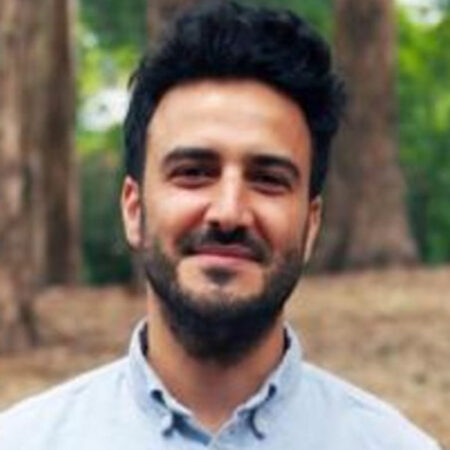Ben Shababo, PhD

Ben Shababo is a data scientist at Cellular Longevity.
As a graduate student at the University of California, Berkeley, he developed computational and experimental tools to enable high-throughput and fine scale mapping neural circuits. In particular, Shababo combined optogenetics, two-photon holography, and Bayesian statistical analyses. The novel methods included a state-of-the-art inference method for detecting post-synaptic currents in whole-cell electrophysiological recordings, an inference method for detecting common input to two simultaneously patched neurons using fine-scale two-photon optogenetic mapping, and finally, a method for inferring monosynaptic connections and their properties in highly dense populations of neurons using two-photon optogenetics.
Over the past decade, Shababo has worked on films with million dollar budgets and recorded from neurons no more than ten microns in diameter. He has created interactive warehouse art installations and built a system where a user can control a robotic hand simply by moving their eyebrows. While Shababo’s trajectory has taken him through a diverse set of professional, academic, and life experiences, it has always been guided by one thing: curiosity.
When Shababo decided to devote his life to uncovering the mysteries of the nervous system, he designed a curriculum at Columbia University of equal parts neurobiology, computer science, statistics, and psychology. He completed several research projects including a first-author paper on a computational method for inferring monosynaptic connectivity in neural circuits, titled “Bayesian Inference and Online Experimental Design for Mapping Neural Microcircuits.” This paper earned Ben the Young Computational Neuroscientist Award.
Graduate Studies
Undergraduate Studies
Related News
